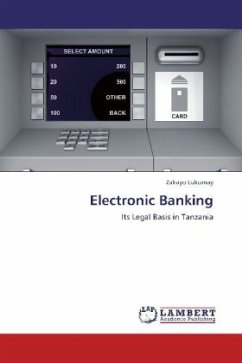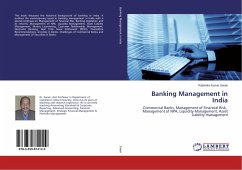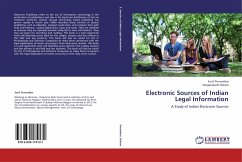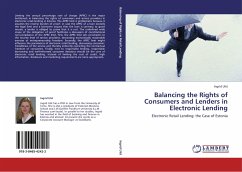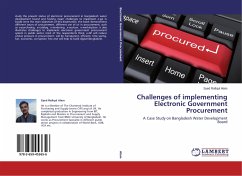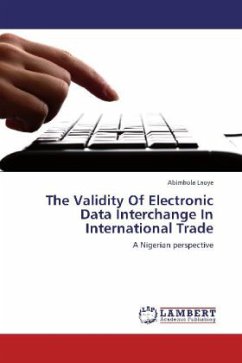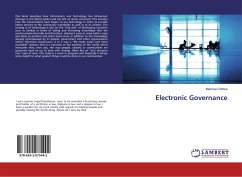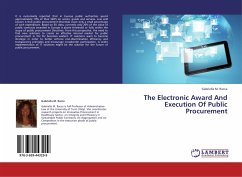The increasing incidents of fraud and theft committed through electronic payment systems are currently alarming in Tanzania. These incidents constantly lead to unauthorized access to customers money kept in banks, the consequences being huge financial losses to consumers transacting banking business in electronic form. The consequences of these flaws are that consumers using retail e-banking have on many occasions suffered financial losses. This work analyzes the legal framework on e-banking in Tanzania in order to explore the extent to which it protects consumers using an array of electronic distribution channels. The main argument that guided this study was that operation of e-banking transactions in Tanzania requires a responsive legal framework which, apart from laying a legal basis for e-banking, provides clear rules that fairly allocate risks between consumers and financial institutions.
Bitte wählen Sie Ihr Anliegen aus.
Rechnungen
Retourenschein anfordern
Bestellstatus
Storno

